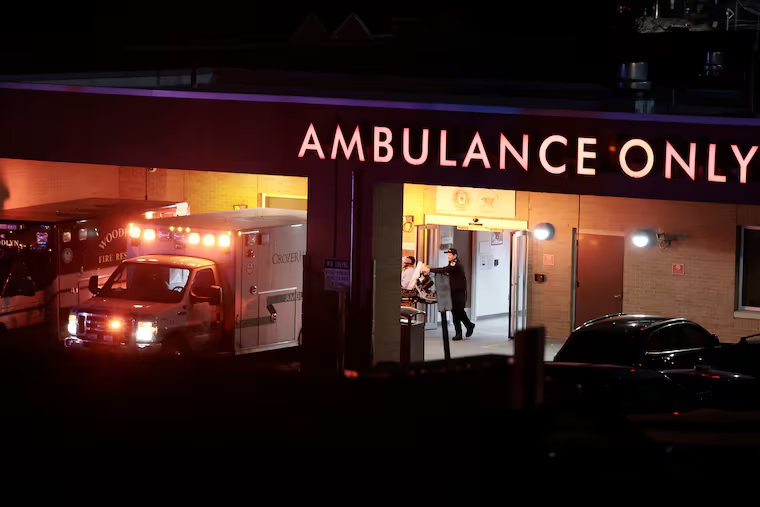New York City sees significant increase in independent voters, highlighting their growing influence in local elections.
The Charter Revision Commission (CRC) in New York City recently decided against placing an open primaries measure on the November ballot, a decision that has sparked disappointment among advocates for electoral reform. Richard Buery, the chair of the CRC, expressed personal disappointment in the decision, hoping the topic could be revisited in the future.
This outcome has left many, including independent voters, frustrated, as New York City is home to 1.1 million independent voters who are currently prohibited from participating in primaries. The CRC conducted public hearings where a significant number of these voters testified, emphasizing the need for their inclusion in the electoral process. A substantial portion of this demographic—54 percent—comprises people of color, challenging assertions from opponents who claimed that allowing them to vote in primaries would undermine the political power of minority communities in New York.
Despite the CRC’s commitment to listening to the voices of these voters, the influence of the New York Democratic Party establishment was palpable. Party leaders clearly indicated their opposition to any efforts that would introduce open primaries, prioritizing the passage of other key initiatives, such as affordable housing, over electoral reform.
This situation raises broader concerns about the state of democracy within the Democratic Party. Amidst ongoing tensions between moderate and progressive factions seeking to regain political footing following setbacks in previous elections, there is a growing sense that both sides exhibit anti-democratic tendencies. Progressives played a role in the rejection of open primaries, while moderates canceled the 2024 presidential primary, limiting public engagement.
The challenge of rebuilding trust among voters is exacerbated by the perception that the party is increasingly elitist. For an institution that brands itself as a champion of democracy, the Democratic Party faces criticism for appearing to prioritize power over broader electoral participation, particularly from independent voters.
Looking ahead, Buery has called upon civic leaders to build on the discussions initiated this year, urging them to develop a consensus and bring a proposal for open primaries to voters before the next citywide election. However, some skeptics argue that civic leaders may not prioritize the concerns of independent voters, who have historically been marginalized in the political dialogue.
Organizations advocating for electoral reform have long highlighted the growing population of independent voters, with reports indicating a surge in their numbers. Despite this, substantive progress toward facilitating their participation in the electoral process often seems sluggish. Observers note that while the movement for open primaries gains momentum, the Democratic Party establishment may remain resistant to change, potentially sidelining a substantial portion of the electorate.
As the independent voter movement continues to grow—with thousands of individuals transitioning to independent status each day—advocates assert the urgency of ensuring that all voices are heard in the democratic process. The CRC’s decision may represent a setback, but it underscores the pressing need for continued dialogue and action on electoral reform in New York City.
Media News Source







